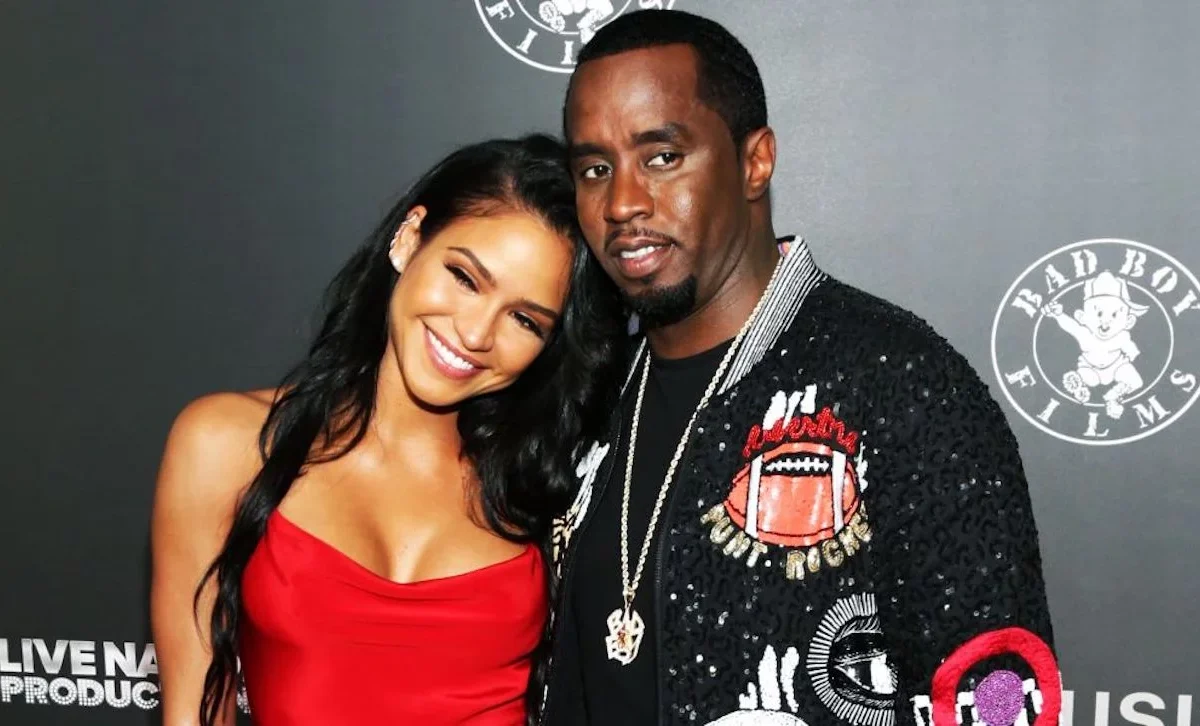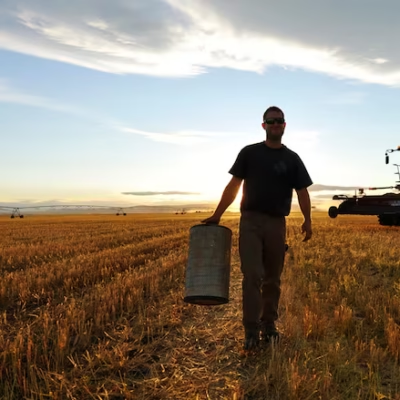A shocking lawsuit has surfaced against music mogul Sean “Diddy” Combs, alleging a 1991 incident in which he drugged, sexually assaulted, and secretly recorded former Syracuse University student Joi Dickerson-Neal. The claims, which were filed under New York’s Adult Survivors Act, have reignited discussions about accountability in the entertainment industry, bringing forth another wave of scrutiny toward the rap icon.
Dickerson-Neal’s lawsuit adds to a series of legal battles that Combs has faced in recent months. While he has denied all allegations, calling them a “money grab,” the details emerging from this case raise serious questions about power dynamics, consent, and long-delayed justice in the music industry.
The Allegations
According to the lawsuit, Joi Dickerson-Neal was a psychology student at Syracuse University when she was introduced to Combs, who was rising in the music world. She was later invited to appear in a music video, which allegedly led to a troubling encounter.
The legal complaint states that in 1991, after a dinner in Harlem, Combs pressured Dickerson-Neal to accompany him elsewhere. She recalls feeling disoriented and later being unable to stand or walk. The lawsuit claims that Combs sexually assaulted her and filmed the incident without her consent. Disturbingly, she alleges that the footage was later circulated within the music industry.
The lawsuit also names several entities associated with Combs, including Bad Boy Entertainment, Bad Boy Records, and Combs Enterprises, alleging they facilitated an environment where such misconduct was possible.
The Aftermath: Trauma and a Life Changed
Dickerson-Neal states in the lawsuit that the incident had lasting consequences. She says she was forced to drop out of college due to the emotional toll, abandoning her aspirations in psychology and entertainment. For years, she remained silent, fearing backlash and a lack of support.
She chose to come forward decades later, taking advantage of the New York Adult Survivors Act, which provided a one-year window for victims of sexual assault to file lawsuits, regardless of the original statute of limitations. The law, passed to give survivors an opportunity for justice, led to a surge of lawsuits against powerful individuals before the filing deadline in late 2023.
Diddy’s Response and Ongoing Legal Troubles

Combs has strongly denied the allegations, calling them “baseless” and part of an orchestrated effort to exploit his wealth and reputation. His representatives have dismissed the lawsuit as an opportunistic attempt to seek financial gain, emphasizing that some of the companies named in the complaint did not even exist at the time of the alleged incident.
This is not the first time Combs has faced such accusations. Just days before Dickerson-Neal filed her lawsuit, the rapper settled another high-profile case involving singer Cassie Ventura. Ventura had accused Combs of rape, sex trafficking, and physical abuse over a period spanning nearly a decade. That case was resolved swiftly, with both parties releasing statements suggesting a desire to move forward.
However, the rapid settlement of Ventura’s case did not quell public curiosity or legal scrutiny. Instead, it fueled further speculation about past allegations against Combs and encouraged others, including Dickerson-Neal, to come forward with their experiences.
Why This Case Matters
The lawsuit is part of a broader cultural shift where survivors of past abuse are now finding the courage to speak out, even decades later. While critics argue that old allegations are difficult to prove and question the motives behind delayed reports, advocates for survivors emphasize that trauma often prevents victims from coming forward immediately.
Legal experts say that while proving an assault from the early 1990s will be challenging, the case underscores how laws like the Adult Survivors Act have empowered survivors to seek justice. The law acknowledges that many victims, especially those assaulted by powerful individuals, often stay silent due to fear, shame, or threats of retaliation.
Impact on the Music Industry and the Public’s Response
Diddy, once considered untouchable in the music industry, is now at the center of multiple legal and reputational battles. While some fans and colleagues have stood by him, others have distanced themselves, reflecting a broader reckoning in the entertainment world where allegations of misconduct are being taken more seriously than ever before.
The impact of this case extends beyond Combs himself. It calls into question industry practices that may have enabled such behavior for years. The entertainment business has long been criticized for its culture of silence, where allegations of abuse were ignored or covered up to protect influential figures.
Public opinion remains divided. Some supporters believe that Combs is being unfairly targeted, arguing that lawsuits decades after the alleged events are difficult to verify and could be driven by financial incentives. Others, however, see this as a crucial step toward justice, holding celebrities accountable for their past actions regardless of the time elapsed.
Looking Ahead: Legal Battles and Potential Outcomes
As legal proceedings continue, Dickerson-Neal’s case will likely face significant challenges. The passage of time, lack of physical evidence, and the difficulty of proving events from 1991 in a courtroom could complicate matters. Defense attorneys will undoubtedly question the reliability of memory and raise issues regarding the motives behind the lawsuit.
However, the cultural and legal landscape has shifted significantly in recent years. High-profile cases like those of Harvey Weinstein, R. Kelly, and Bill Cosby have shown that survivors’ accounts, even if delayed, can still carry significant weight in court and public opinion. If more accusers come forward with similar allegations, it could strengthen Dickerson-Neal’s case and increase pressure on Combs.
For now, the lawsuit remains a stark reminder of the lasting impact of alleged sexual violence and the challenges survivors face in seeking justice. Whether the courts ultimately rule in favor of Dickerson-Neal or not, her decision to speak out adds to the growing movement of survivors refusing to stay silent, no matter how much time has passed.
Conclusion
Joi Dickerson-Neal’s allegations against Sean “Diddy” Combs mark another significant chapter in the ongoing discussion about power, abuse, and justice in the entertainment industry. As this case unfolds, it will test not only the legal system but also the industry’s willingness to confront its past.
Combs’ response and the legal proceedings ahead will determine the outcome, but one thing is certain: the conversation surrounding sexual misconduct, accountability, and survivors’ rights is far from over. Whether guilty or innocent, Combs’ legacy—and the way the industry responds to such allegations—will be shaped by cases like this one for years to come.
Is Joann Fabrics Going Out of Business? What Customers Need to Know






